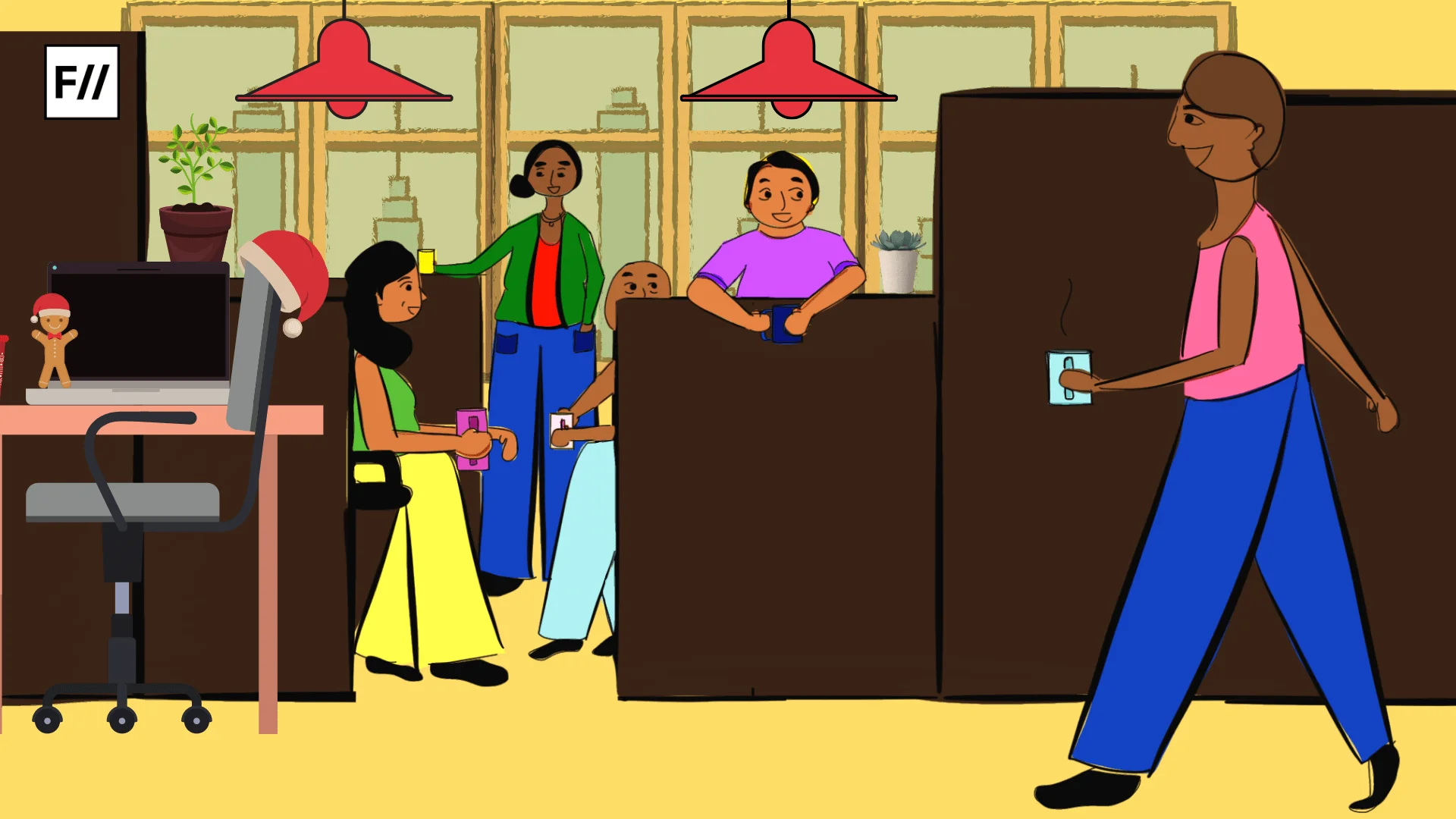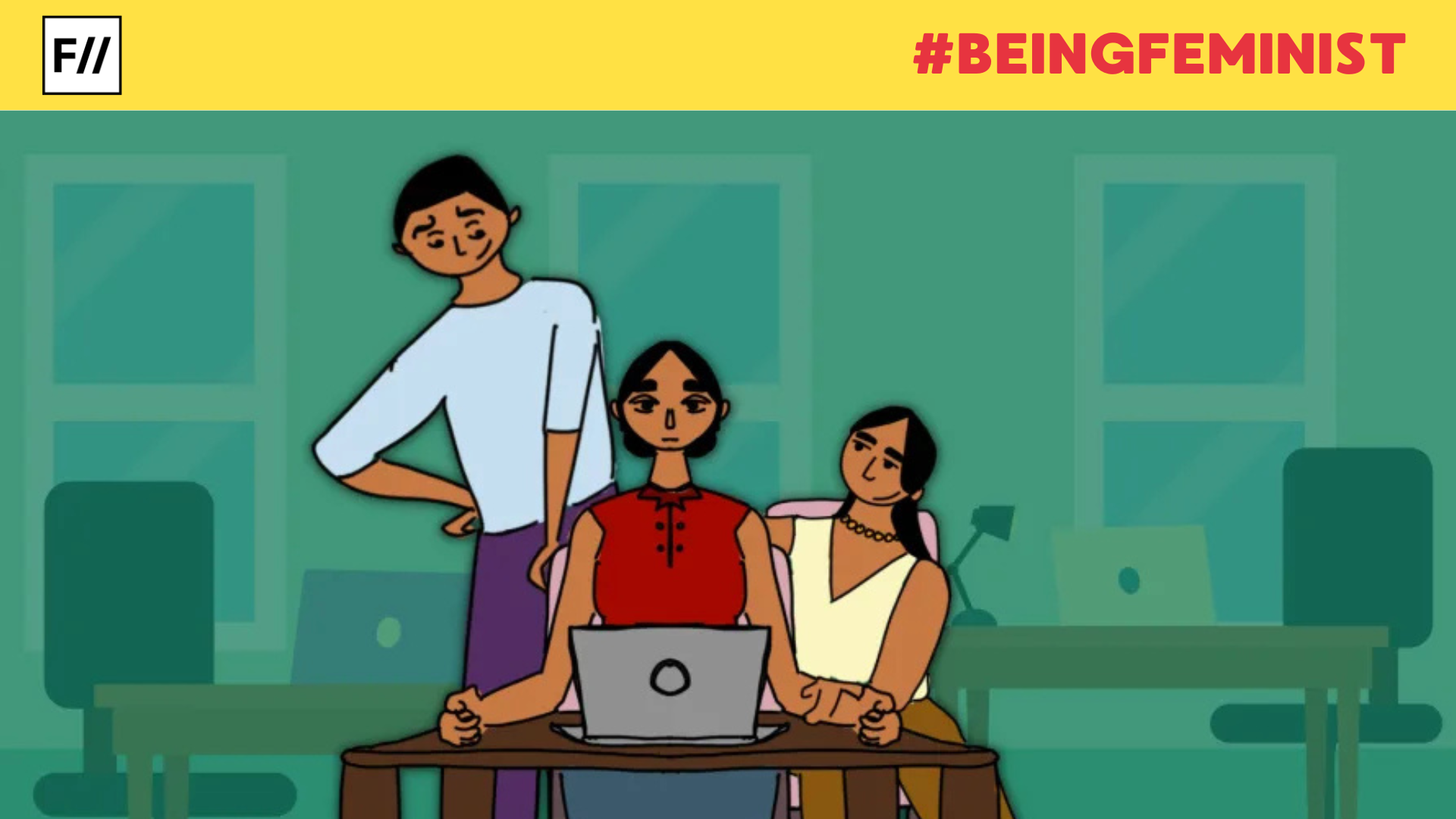Anna Sebastian Perayil, a 26 year old Chartered Accountant at Ernest & Young (EY), Pune died on July 20. Though it was a medical case of cardiac arrest, she was, as alleged, a victim of toxic work culture at EY. She served the company for a period of four months joining in March, 2024 and decided to quit the company soon. According to her parents, Anna complained about the work stress and poor work culture to parents every day.
In spite of their pleas to resign, Anna continued there for the valuable exposure and experience, she could get from such a “prestigious” organisation and planned to quit after one year. This death was brought to light much after the actual incident, when a letter of plea was sent by her parents to the CEO of EY, Rajiv Memani which was later made public on September 18.
This death was brought to light much after the actual incident, when a letter of plea was sent by her parents to the CEO of EY, Rajiv Memani which was later made public on September 18.
Anna started experiencing panic attacks, she was deprived of sleep or leisure time due to late night assignments. Even when she complained about these to the manager, assistant manger or HR, they all turned a deaf ear to her requests. Even with this, her manager urged her to remain with the team and contain the work pressure.
Yet, the price was paid by Anna and her close ones for the loss alone. The family does not plan to forward with any legals suit, but requests the company to change its toxic way of functioning to a more worker-centred lifestyle. In addition to all these, Anna’s funeral was not attended by any of the EY employees, nor any official form of condolences reached the parents at her demise.
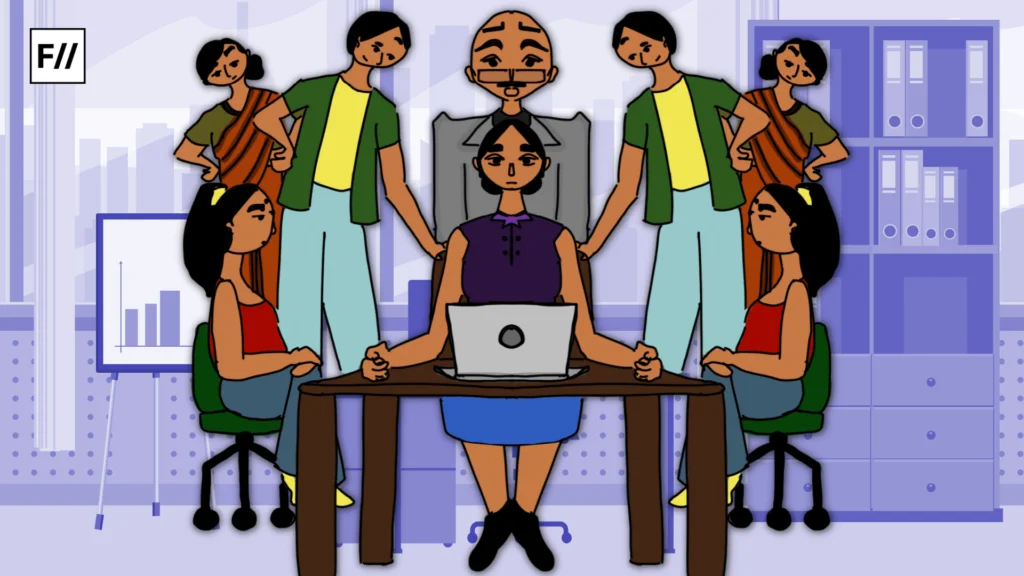
‘Even on that day, she had told me about a late-night meeting. Her manager told her that no one lasts more than a quarter in his team, and that, Anna should be the one to break that pattern. He was proud of this. They had normalised this toxic work culture. Anna experienced anxiety panic attacks and no one stepped forward to help her‘ said Ann Mary, a close friend of Anna, detailing on their last conversation just before her death.
As per the news reports, Rajiv Memani knew about the incident only when the letter of plea reached him. He has now released an official statement to address the issue where he promises to constitute a committee to address these issues at EY and has clearly washed off his hands clean.
Adding to this, there are a number of allegations arising online that Anna had cardiological issues which her family denies. Her parents say that they did consult a cardiologist since her joining EY due to cardiac constriction, but the cardiologist said that she was okay and the pain was due to lack of rest and food.
Somehow, the news had started a plethora of complaints from employees from IT and private firms, asking for a working framework in their professional environments.
Somehow, the news had started a plethora of complaints from employees from IT and private firms, asking for a working framework in their professional environments. With the publishing of the letter of plea, a wide range of discussions and commentary are taking place now. Rajiv Memani’s official statement addressing the plea was attacked by the former employees of EY who amplified the issues from EY and boldly called EY ‘a rotten organisation.’
‘I would like to affirm that the well-being of our people is my top-most priority and I will personally champion this objective. I am absolutely committed to nurturing a harmonious workplace, and I will not rest until that objective is accomplished,’ Memani said acknowledging the social media posts against EY work culture.
Even when the scenario is thus, they are some factors that must be discussed here especially in a country like India.
Prefixing work morality
It is commonly seen that the employee who is workaholic, spending more time in the office, is preferred over the others. Even when we are advancing to replace hard work with smart work, especially with the assistance from AI, it is work that is weighed heavier than the individual lives.
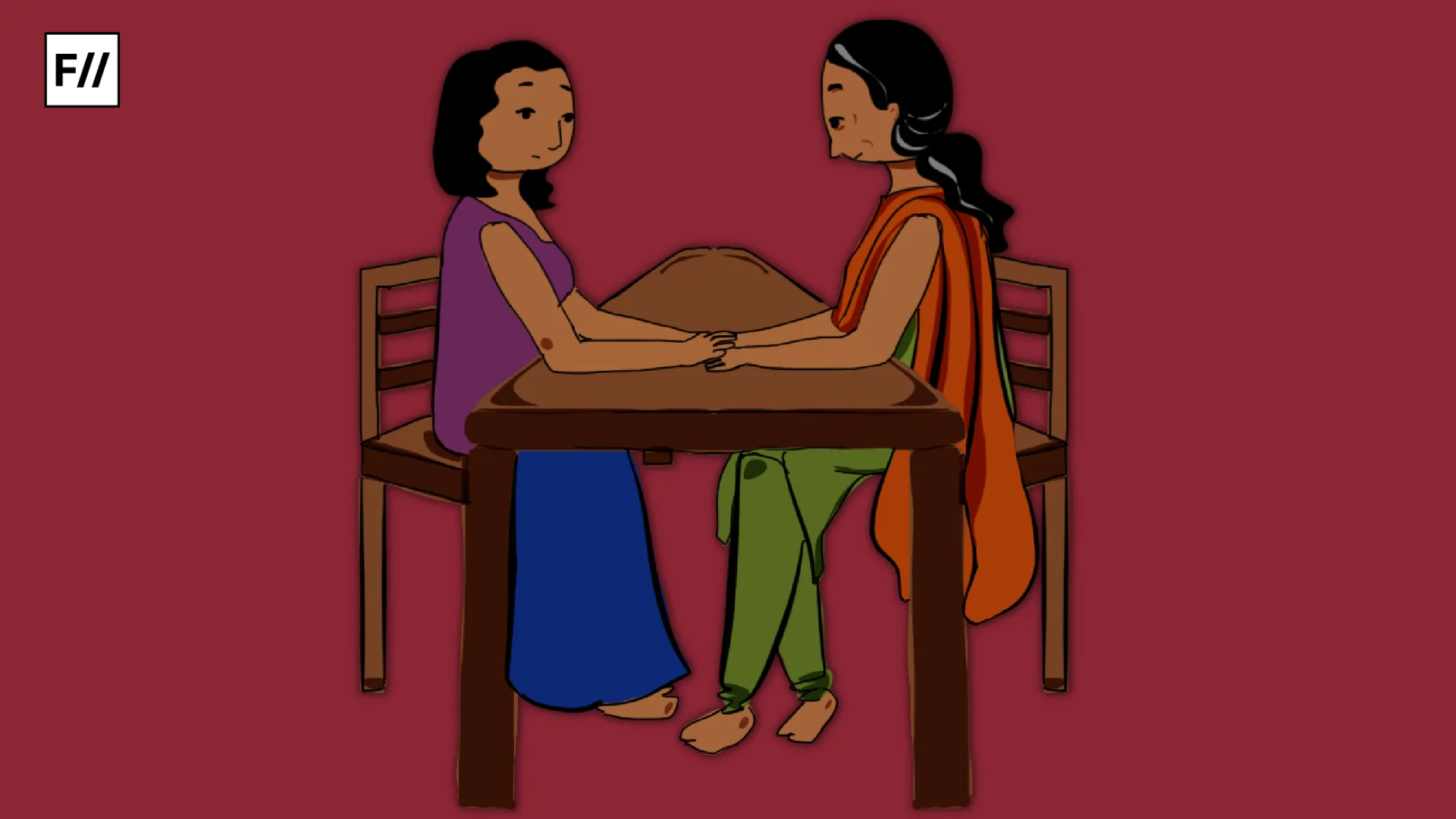
This makes even the reason why people work oblique; people work to fulfil they personal goals in life through financial assistance and for their passion. But man being a social being needs a favourable environment and good social relations to keep them going. When working hours conflict with the personal hours specifically with the assigning of jobs through social media and mail communications, work hours get extended and leads to stress.
Recently, Australia, like many other European and Latin American countries, too started ‘right to disconnect‘ rule to favour the employee over any type of communications after the work time.
It is not the workaholic that must be appreciated but the ones who balance their professional and personal life with a strict border drawn between work and life by the concerned company. For example, the working conditions in Europe demand that the employer should not assign works or retain the employee after the working hours, unless it is obligatory.
For example, the working conditions in Europe demand that the employer should not assign works or retain the employee after the working hours, unless it is obligatory.
Similarly, it is obligatory for their workers to take holidays compulsorily in addition to a number of freebies. The Indian idea of ‘work is life‘ must be discarded and employee friendly laws must be framed. The bad working culture in India is also one of the reasons for the huge brain drain from India increasing each year.
Setting personal goals
It is important that the employee is able to differentiate between personal and career goals. When the two come into conflict with each other, one must consciously take action to retain the balance and if not possible, be courageous to take out the easily removable factor from the equation, like changing to a better working environment.
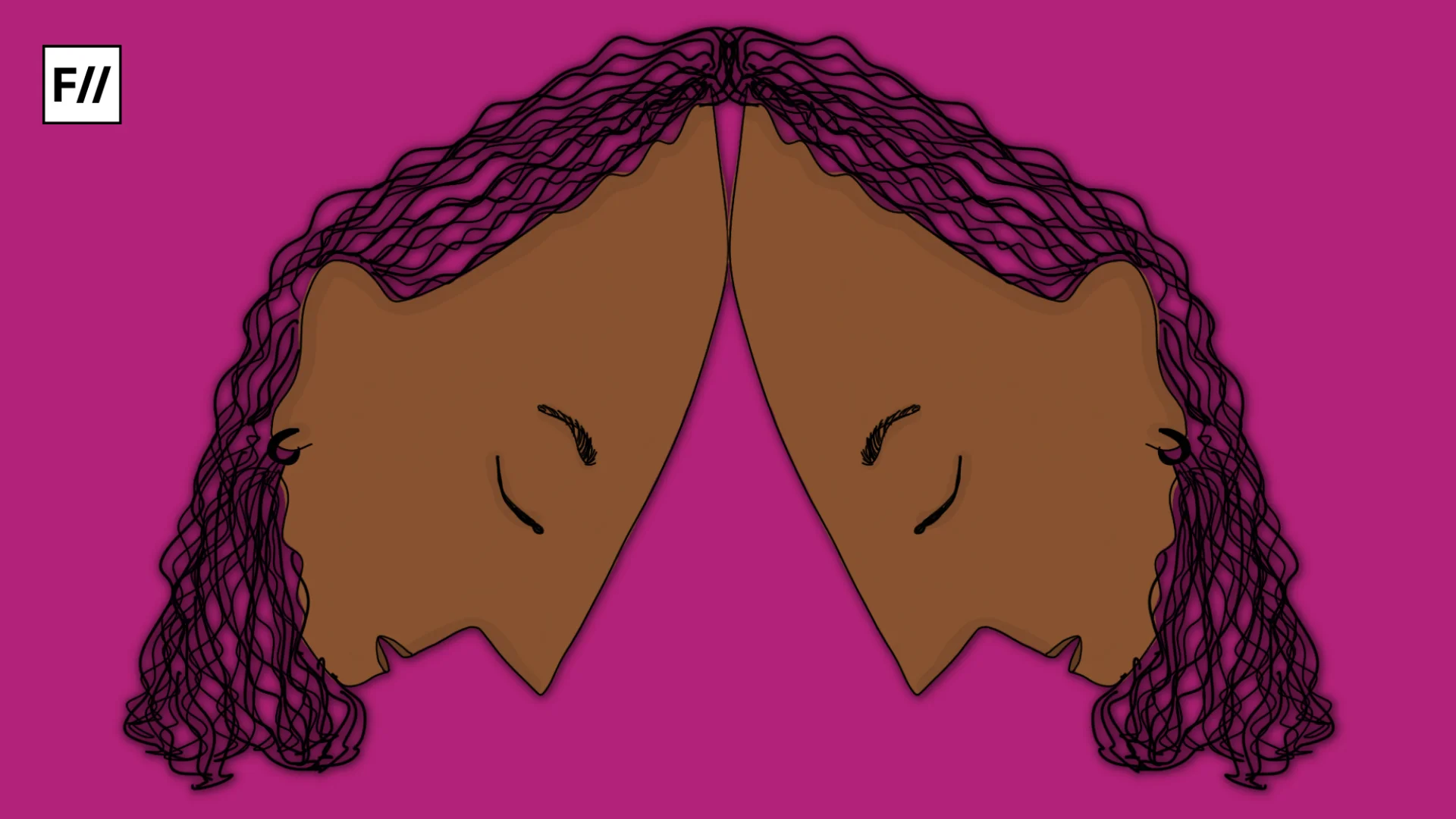
Also, one must be able to prioritise goals and assign them in the descending order for one’s mental health. Preferring work over family is one of the worst decisions as far as many individual employees are concerned.
Also, efforts must be made to learn the cooperative working culture and collect individual scopus about firms that adhere to humane principles. Even when this needs to work, the worker must be willing to leave fame and finance for better state of well-being. Therefore, it is a must that the present system of working culture that uses abusive language or blackmails to the workers are replaced, but also the individuals must be empowered to unitedly say ‘No‘ to toxic work culture.
About the author(s)
Vidhu (she/her) is an emerging writer with Masters in English language and literature, keen on learning the politics of the world around her. She has dreams to create a career in journalism and writing, where she unburdens her self. She has a great taste for movies from varies geographical spans and pens down poetry in magical charms. She is open to projects or research centring on humanities.
